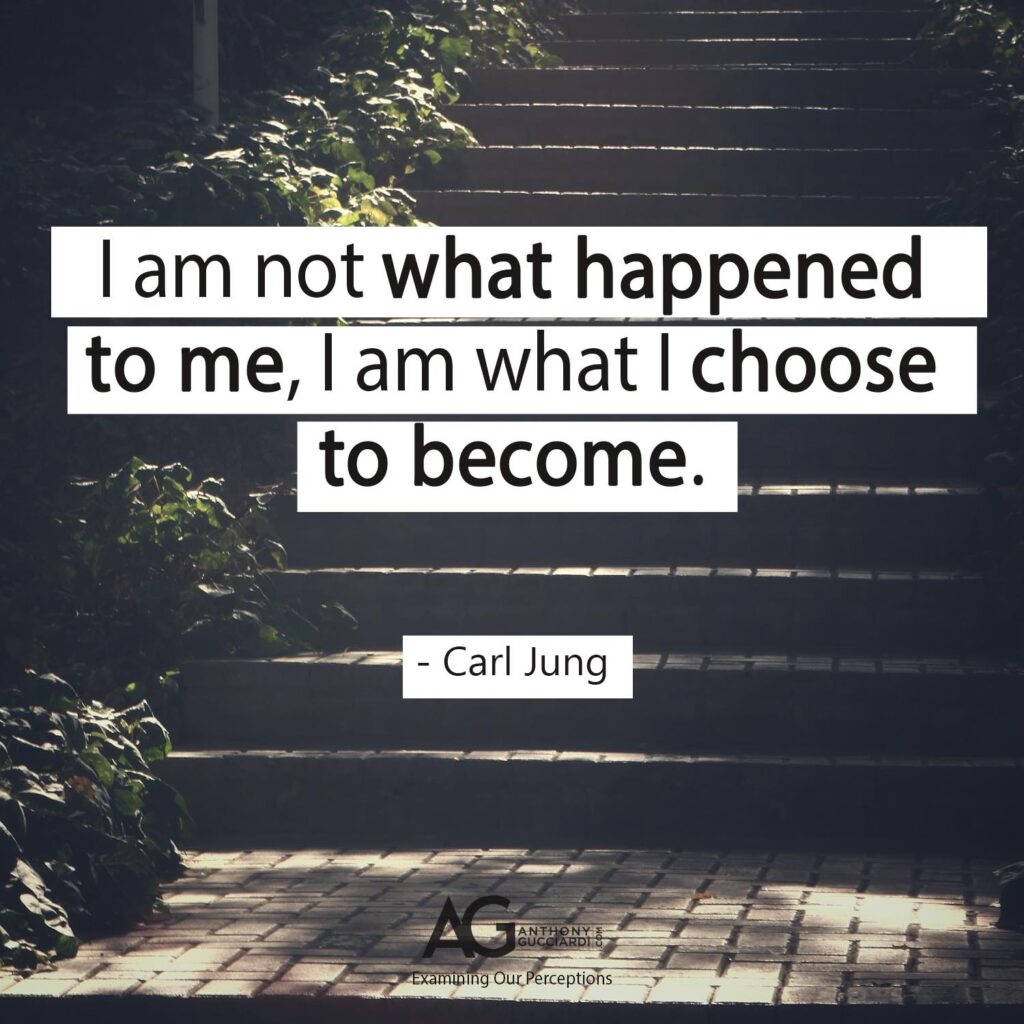

Carl Jung offered many sobering messages to the world through his work, providing a structure to the inner world of the psyche that still held the mystical nature of the ancients yet appealed to the rationality of the emerging worldview of psyche as a science.
The power to choose your own self, or the expression of that self, is indeed the highest form of freedom; but can we really believe it? In our world of detractors and division, it seems that with every step there is a box waiting to be placed upon you. You are considered X or Y by some people if you even get out of bed in the morning.
Yet, perhaps Jung is inviting us to rise above the noise and engage with the timeless quality of our own existence, and how that presents in its is-ness.
There is without question no way in which we can control the perceptions of other people around us and how they see what they think we are. There will always be that constant feedback how they see us to be in our being, which can be useful in self-reflection. Why am I presenting that way? Is it something that I am doing, or could it also be a previous experience or belief system of theirs? Or a bit of both.
But that does not limit how I choose what ‘I AM’ to be in my truest – or at least the closest to such a truth that I can possibly witness or express – state.
Certainly Jung has – as he did during his time – gained many detractors and downright enemies, but to entirely dismiss his life’s work and offerings could be a considerable mistake for those seeking to engage with the inner ‘Self’ as Jung called it. This Self is what we might colloquially call the higher self; the expression of that totality which you are — behind the mask of psychological defense mechanisms and the things we all do to fit in with our given collective (persona).
The loving, the intelligent, the unacceptable, the base, the primal — the Self.
There is a modern magic to reflecting on the words of great thinkers from a past era; it takes you out of the epistemological debate of the present time, and allows an escape into the timeless.
Sources / Further Reading:



